Evolutionary and Conservation Genomics Group
The Evolutionary and Conservation Genomics group utilizes (paleo)genomics, quantitative genomics, and evolutionary modelling methods to explore the mechanisms behind the generation, preservation, and loss of biodiversity. We develop predictive tools to assess the implications of reduced genomic diversity for biodiversity conservation.
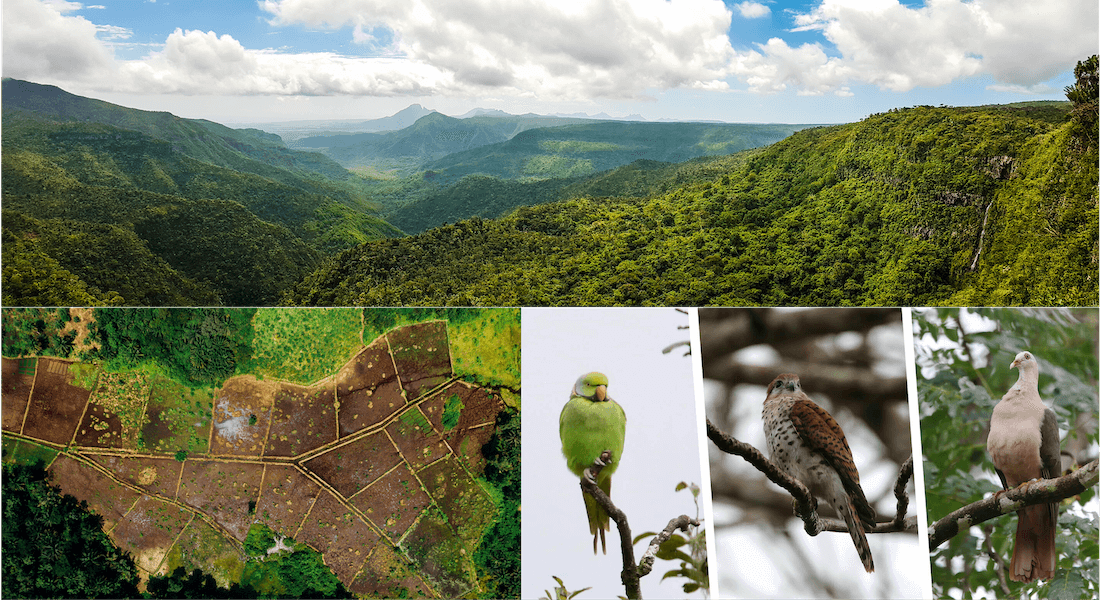
Our research tackles the urgent challenge of biodiversity loss, a pressing issue facing society today. The research involves a comprehensive examination of the decline in genetic diversity within endangered bird species, aiming to shed light on the hidden evolutionary costs of such declines, primarily genomic erosion. Genomic erosion, which involves the gradual loss of genetic diversity within a population, poses a significant threat to the long-term viability and resilience of species.
To reach our goals, we employ state-of-the-art approaches in (paleo)genomics, quantitative genomics, and evolutionary modeling. These methods allow us to delve into the dynamics of genomic erosion, specifically focusing on the effects it has on neutral, beneficial, and deleterious genetic variations. Understanding these effects is crucial to assessing how genomic erosion impacts organismal fitness, population viability, and the risk of extinction.
Our main project, the ERC funded ERODE, uses a dataset of thousands of individuals from three iconic endangered bird species, coordinated by our partner the Mauritian Wildlife Foundation. This dataset spans over 30 years and includes genetic samples and fitness data. By analyzing this rich dataset, we will comprehensively examine the fitness effects of genomic erosion over time.
Partnerships play a vital role in this research's success. Collaborations with organizations like the International Union for Conservation of Nature (IUCN) and the European Association of Zoos and Aquaria (EAZA) bring invaluable expertise and resources to the table. These partnerships enhance the study's practical application as we attempt to incorporate genomics into the Green Status of Species, a framework used to evaluate species recovery and conservation impact.
Bertorelle, G., Raffini, F., Bosse, M., Bortoluzzi, . . . Morales, H. E. & van Oosterhout, C. (2022). Genetic load: genomic estimates and applications in non-model animals. Nature Review Genetics. doi:https://doi.org/10.1038/s41576-022-00448-x
Dussex, N., Morales, H. E., Grossen, C., Dalén, L., & van Oosterhout, C. (2023). Purging and accumulation of genetic load in conservation. Trends in Ecology & Evolution.
Femerling, G., Van Oosterhout, C., Feng, S., Bristol, R.., . . . & Morales, H. E. (2023). Genetic load and adaptive potential of a recovered avian species that narrowly avoided extinction. Molecular Biology and Evolution, 40(12), msad256.
Liu, X., Milesi, E., Fontsere,C ... & Morales, H. E. (2025). Time-lagged genomic erosion and future environmental risks in a bird on the brink of extinction. Proceedings B, 292(2043), 20242480.
Fontsere, C, Speak, S. Caven, ., . . . & Morales, H. E.. (2024). Persistent genomic erosion in whooping cranes despite demographic recovery. bioRxiv 2024-12.
Mauritian Wildlife Foundation
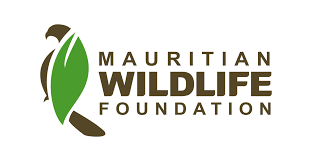
CGSG Conservation Genetics Specialist Group (IUCN)
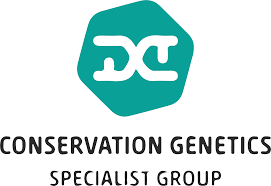
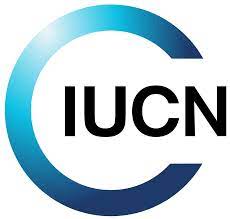
European Association of Zoos and Aquaria
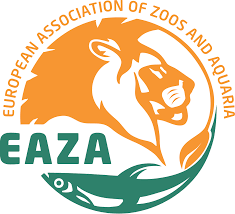
Horizon Europe MSCA Fellowships
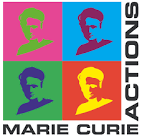
European Molecular Biology Organization (EMBO)
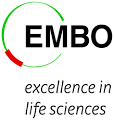
European Research Council (ERC)
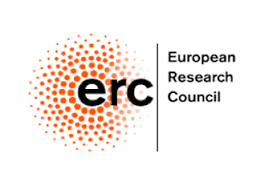
Group members
| Name | Title | Phone | |
|---|---|---|---|
| Alexandra Brumwell Prats | External, Ph.d Student | ||
| Carolina Pacheco | Guest Researcher | ||
| Rangsinee Sankhom | External, Ph.d Student | ||
| Xuejing Wang | Research Assistant | +4535331195 |
| Name | Title | Phone | |
|---|---|---|---|
|
Ximena Alva |
Research assistant, Lund University |

